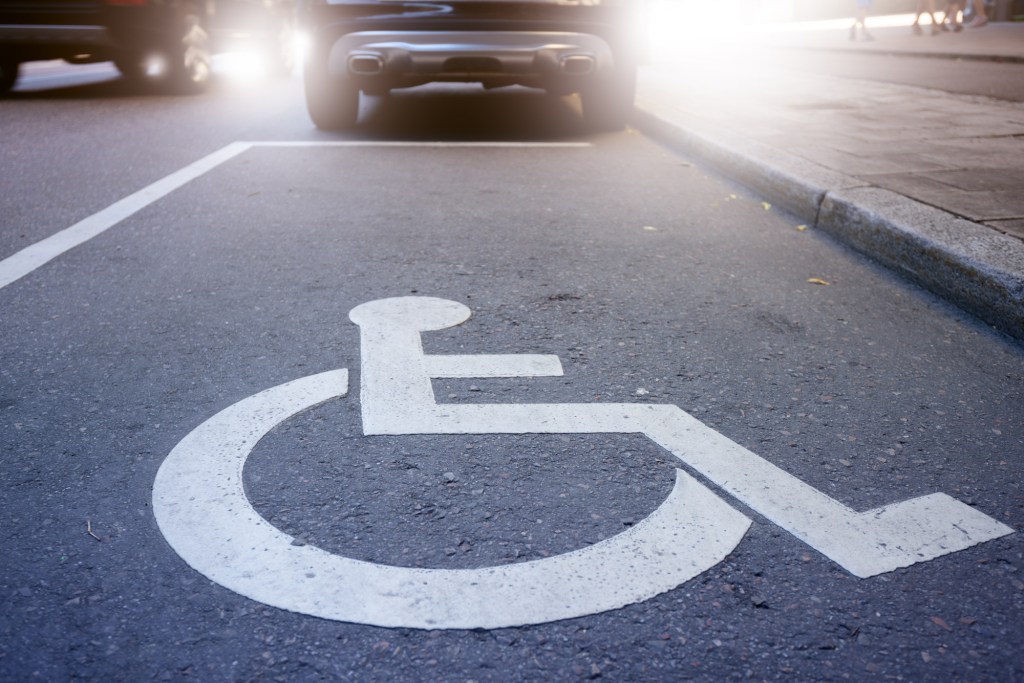
Q: I have a blue disabled person parking tag. What rules govern street parking in HOAs where no signs are posted prohibiting overnight parking, etc.? The security company which patrols these streets is tagging cars with warning notes saying they are in violation of parking at any time unless a guest! — A.H., Valencia
A: DMV license plate tags or placards do not automatically qualify residents to park where they choose in the HOA. Normally, persons with mobility disabilities would be expected to use their driveways or garages and not park on the street. If you need parking accommodations, you would need to provide the HOA with written verification of your disability and explain why you need to park on the street (instead of in your driveway or garage). As to violations claimed by the security patrol, there would need to be a written rule or CC&R provision before there can be a violation. So, ask the security patrol company and/or the HOA’s management to point out the rule or CC&R provision they believe you are violating.
Q: Our community is in violation of Americans with Disability Act. California law says where there are 500 parking spaces 2% need to be designated as handicapped spaces. Our community has only 3 instead of the 11 required by law. Who do I contact to get enforcement of this law? I am severely disabled and need help. — T.J., San Diego
A: Normally the ADA applies to “public accommodations,” which are not typically HOAs, so I am not sure if that law and its parking requirements would apply to your association. The law more likely to be applicable to parking for disabled persons in your HOA would be the state and federal Fair Housing laws, which require reasonable accommodations for documented or obvious disabilities. However, if a resident is disabled and needs relocation of their parking space to be nearer their home or the elevator, they should submit a written request to the HOA. The HOA might be able to relocate their parking space to help them with their mobility limitations.
Q: Does the definition of a “protected class” also include a person who has disabilities that is continually being aggravated by loud door slamming on the part of a new neighbor who is mentally ill? This problem has been continuing and ongoing, since the parents bought a neighboring unit for their mentally ill son to live alone in. The son has committed criminal acts on the property. I have repeatedly contacted his parents, our HOA president, and the property management firm, but there has been no resolution to my dilemma to date. I am a senior citizen; have a DMV disability placard for a neck injury that results in severe headaches; and am recovering from cancer. — D.A., Newport Beach
A: Mental illness could qualify as a disability under Fair Housing laws, but the behavior you describe could be deemed to be a nuisance. If a person’s disability is disturbing or harming other residents, allowing that disturbance to continue could be an unreasonable accommodation and therefore not protected by Fair Housing laws. Residents, disabled or not, should not have to be afraid in their homes.
Richardson, Esq. is a fellow of the College of Community Association Lawyers and partner of Richardson Ober LLP, a California law firm known for community association advice. Submit column questions to kelly@roattorneys.com.



